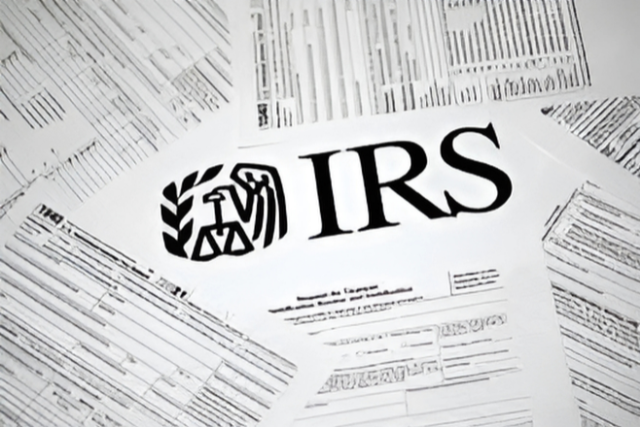
Federal Judge Blocks Part of Trump Administration’s Federal Aid Freeze
In a significant development on Tuesday afternoon, U.S. District Judge Loren L. AliKhan issued a temporary order to block parts of the Trump administration’s plan to freeze federal aid. The policy, which caused confusion and concern among charities and educators, is now under judicial review. The judge’s decision temporarily halts the administration’s plans to freeze funding for “open awards”—grants already approved by the federal government—until at least 5 p.m. ET on Monday, February 3.
Judge AliKhan described the administrative stay as “a way of preserving the status quo” while evaluating the challenge brought forward by a coalition of non-profits. During the proceedings, AliKhan questioned the Justice Department about the scope of the programs affected by the freeze. “The government doesn’t know the full scope of the programs that are going to be subject to the pause,” she noted.
The White House’s Federal Funding Freeze
The controversy stems from a memorandum issued by the White House Office of Management and Budget (OMB) on Monday. Acting OMB Director Matthew Vaeth ordered federal agencies to “temporarily pause all activities related to obligation or disbursement of all Federal financial assistance.” The directive, based on administration priorities outlined in past executive orders, excludes Social Security and Medicare benefits as well as “assistance provided directly to individuals.”
White House Press Secretary Karoline Leavitt addressed concerns in her first official briefing, emphasizing that the freeze was not a “blanket pause” on federal assistance. According to Leavitt, the policy targets programs that do not align with President Trump’s agenda. “Agencies can make a case to the administration to keep their funding,” she stated, though she declined to clarify whether Medicaid funding would be affected.
Impact on Medicaid and Federal Assistance Programs
The freeze created immediate challenges for state Medicaid agencies. Earlier on Tuesday, Medicaid portals were inaccessible across all 50 states, temporarily blocking state officials from accessing federal funds for the health insurance program that supports over 72 million low-income Americans. By the afternoon, access to the funding system was gradually restored in various states.
Connecticut’s Department of Social Services, which reported the issue earlier in the day, confirmed that the portal was back online by the afternoon. White House Press Secretary Leavitt posted on X (formerly Twitter), “The White House is aware of the Medicaid website portal outage. We have confirmed that no payments have been affected—they are still being processed and sent.”
The Office of Management and Budget later clarified in a Q&A document that “mandatory programs like Medicaid and SNAP (food stamps) will continue without pause.” Despite this reassurance, the temporary loss of access to Medicaid funds sparked outrage among Democratic lawmakers.
Political Reactions
Senator Ron Wyden, a Democrat from Oregon, took to X to criticize the administration. “My staff has confirmed reports that Medicaid portals are down in all 50 states following last night’s federal funding freeze. This is a blatant attempt to rip away health insurance from millions of Americans overnight and will get people killed,” he wrote.
Meanwhile, the Department of Health and Human Services’ Payment Management Services (PMS) website displayed a notice warning of delays and rejections in grant payments due to additional reviews prompted by executive orders.
Legal Challenge from Non-Profits
Within 24 hours of the funding freeze announcement, several non-profits filed a lawsuit in federal court to block the Trump administration’s decision. The case has brought renewed attention to the role of federal grants in supporting essential programs across the country.
The temporary pause on federal funding, combined with administrative delays, has highlighted the broader implications of executive orders on public and private organizations that rely on federal assistance. As the court deliberates on the matter, stakeholders are left grappling with uncertainty over the future of federal aid programs.
For more updates on this developing story, stay tuned to DailyCraftNews.
























